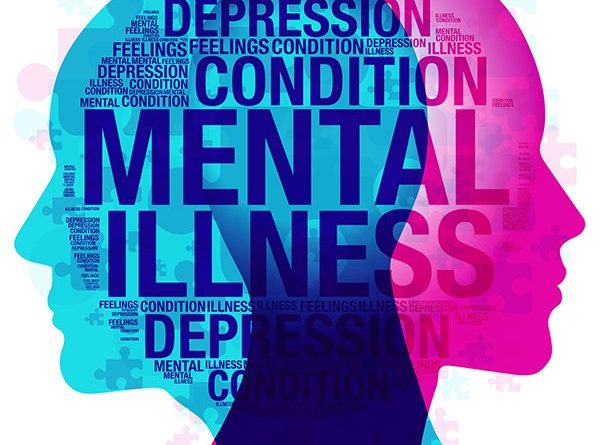Cabinet proposes facility to house mentally ill persons accused of crimes; but staffing it will prove a challenge
Following public clamour this past week, the Cabinet has addressed –
somewhat – the issue of mental health and the challenges it is creating for
individuals, families, and institutions.
It is suggesting that a refurbished facility at Crabbes could be used to house
mentally ill persons charged with criminal offences. This building reportedly
was once used by Antigua and Barbuda Defence Force (ABDF) soldiers.
The public has called repeatedly on the Gaston Browne Administration and, in
particular, Minister of Health Molwyn Joseph, to address the danger posed by
mentally ill persons – which has resulted in the loss of life or serious harm not
only to innocent people, but to those suffering mental disorders, themselves.
However, what the Executive addressed is the placing of mentally challenged
persons who engage in criminal activity – since, after apprehension, they must
be housed before and after their engagement with law enforcement and the
courts.
According to this week’s Cabinet Notes, “Given the nature of the persons’
capacity, and the need to separate the mentally challenged from the
population of prisoners, a decision was taken to utilize the refurbished
building at Crabbes that housed ABDF personnel.”
However, the Government will have some challenges with this plan, as the
Notes say that “an entire phalanx of staff and other personnel will be required
… for … their improved security.”
The last known incident involving a mentally challenged person occurred last
week, when a man is alleged to have inappropriately touched a teenager.
He was held and beaten mercilessly by a crowd that, reportedly, included the
teen and her grandmother, who made a complaint to the Grays Farm Police
Station.
As a result of the beating and allegedly being stabbed, the mentally ill man is
said to have hidden himself in a gutter and, accordingly, his wounds became
infected. His arm was eventually amputated at the hospital.
In earlier instances, a police officer lost his life at the hands of a mental patient
being held at the John’s Police Station, while a detainee was killed by another
mentally challenged man with whom he was sharing a cell at that same
station.
It is also alleged that one of the country’s recent murders involved a mentally
challenged man.
Experienced practitioners say that mental-health challenges run much deeper
than those who might have committed criminal acts; therefore, the
Government needs to take a holistic look at this worrisome issue.




